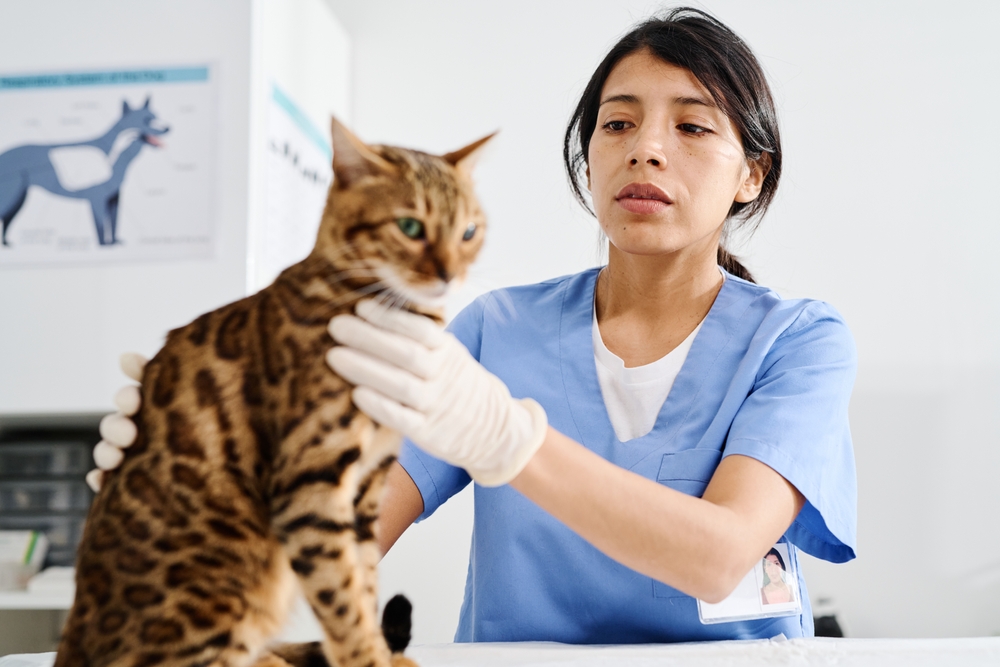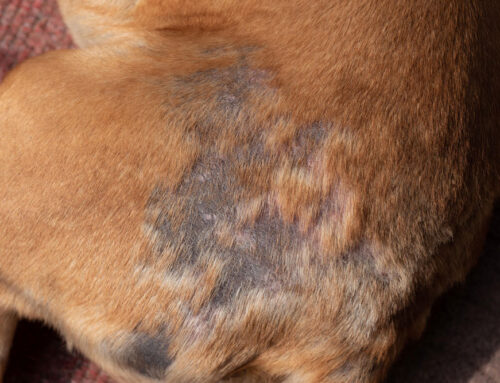Every pet owner wants their beloved companion to lead a long, healthy, and joyful life. But did you know that your pet’s breed plays a significant role in determining the health challenges they may face? Certain breeds are more prone to specific health conditions, and understanding these predispositions is key to proactive care. At Creature Comforts Veterinary Service in Saylorsburg, Pennsylvania, our mission is to empower pet owners with the knowledge and tools they need to address these unique needs. Together, we can ensure your pet thrives!
What Are Breed-Specific Health Conditions?
Breed-specific health conditions are medical issues that are more common in particular breeds due to genetic factors. For instance:
- Golden Retrievers often develop hip dysplasia and cancer.
- Dachshunds are prone to intervertebral disc disease (IVDD) due to their long spines.
- Persian cats frequently experience polycystic kidney disease (PKD).
These conditions don’t affect every individual of the breed, but the likelihood is higher. Understanding these risks allows you to take proactive steps for prevention and early treatment.
Recognizing Signs Early: What Should You Watch For?
Early detection can make all the difference in managing your pet’s health. Be alert for symptoms specific to your pet’s breed:
- Flat-faced (brachycephalic) breeds like Bulldogs and Pugs: Look out for noisy breathing, snoring, or fainting during activity—signs of brachycephalic airway syndrome.
- Larger breeds like Labrador Retrievers: Reluctance to climb stairs or stiffness after play could indicate joint issues like arthritis or hip dysplasia.
- Toy breeds like Chihuahuas: Shivering or lethargy may point to hypoglycemia or heart conditions.
If you notice these or other unusual behaviors, consult with a veterinarian promptly. Routine exams are vital, even if your pet seems healthy. Our team at Creature Comforts specializes in spotting subtle signs of breed-specific health challenges. Learn more about why regular veterinary exams are essential.
Why Do Breed-Specific Conditions Happen?
The root of breed-specific conditions lies in genetics. Centuries of selective breeding have concentrated traits that define each breed—such as a Dalmatian’s spots or a Dachshund’s elongated body—but these come with associated risks. Environmental factors, including diet, exercise, and living conditions, can exacerbate or alleviate these genetic predispositions. For example:
- Overfeeding can worsen joint pain in predisposed breeds.
- A lack of grooming may lead to skin infections in curly-coated breeds like Poodles.
Understanding these contributing factors allows you to make informed decisions about your pet’s care.
How Creature Comforts Veterinary Service Can Help
Our team provides personalized care tailored to your pet’s breed and unique needs. Services include:
- Advanced Diagnostics: Our diagnostic tools detect issues before symptoms become severe.
- Preventative Care Plans: Customized wellness plans focus on nutrition, exercise, and regular check-ups.
- Specialized Treatments: Whether it’s managing heart disease in Cavaliers or addressing IVDD in Dachshunds, our expertise ensures your pet receives the best possible care.
Take a virtual tour of our state-of-the-art facilities to see how we’re equipped to support your pet’s health journey.
Treatment and Recovery: What to Expect
Treatment for breed-specific conditions varies widely. Some common approaches include:
- Medications: Anti-inflammatory drugs for arthritis or heart medications for breeds like Boxers.
- Surgical Interventions: Corrective surgery for brachycephalic breeds struggling with breathing.
- Lifestyle Adjustments: Weight management and low-impact exercise plans to support joint health in large breeds.
Recovery depends on early detection and adherence to the recommended care plan. Our team is committed to walking this journey with you, offering support at every step.
Preventative Measures: Your Pet’s Best Defense
While genetic predispositions can’t be changed, there’s much you can do to mitigate risks:
- Keep Up with Routine Check-Ups: Schedule regular wellness visits to catch potential issues early.
- Focus on Diet and Exercise: Maintain a healthy weight with a breed-appropriate diet and consistent activity.
- Educate Yourself: Ask your vet about your pet’s specific risks and the best ways to manage them.
By staying proactive, you give your pet the best chance at a vibrant, healthy life.

Partner with Creature Comforts Veterinary Service
Your pet’s health and happiness are our top priorities. With the right knowledge and veterinary partnership, you can navigate the complexities of breed-specific health conditions with confidence. Don’t wait—schedule a wellness check with us today and take the first step toward optimizing your pet’s care. Contact us here to make an appointment or ask questions.
Together, let’s create a health plan that ensures many happy years for your cherished companion!
FAQs
Q: Can mixed-breed pets have breed-specific conditions?
A: Yes, mixed-breed pets can inherit health risks from their parent breeds. Discuss your pet’s lineage with your vet to identify potential concerns.
Q: How often should my pet have a check-up?
A: For most pets, we recommend annual check-ups. Senior pets or those with known health risks may need more frequent visits.







Leave A Comment